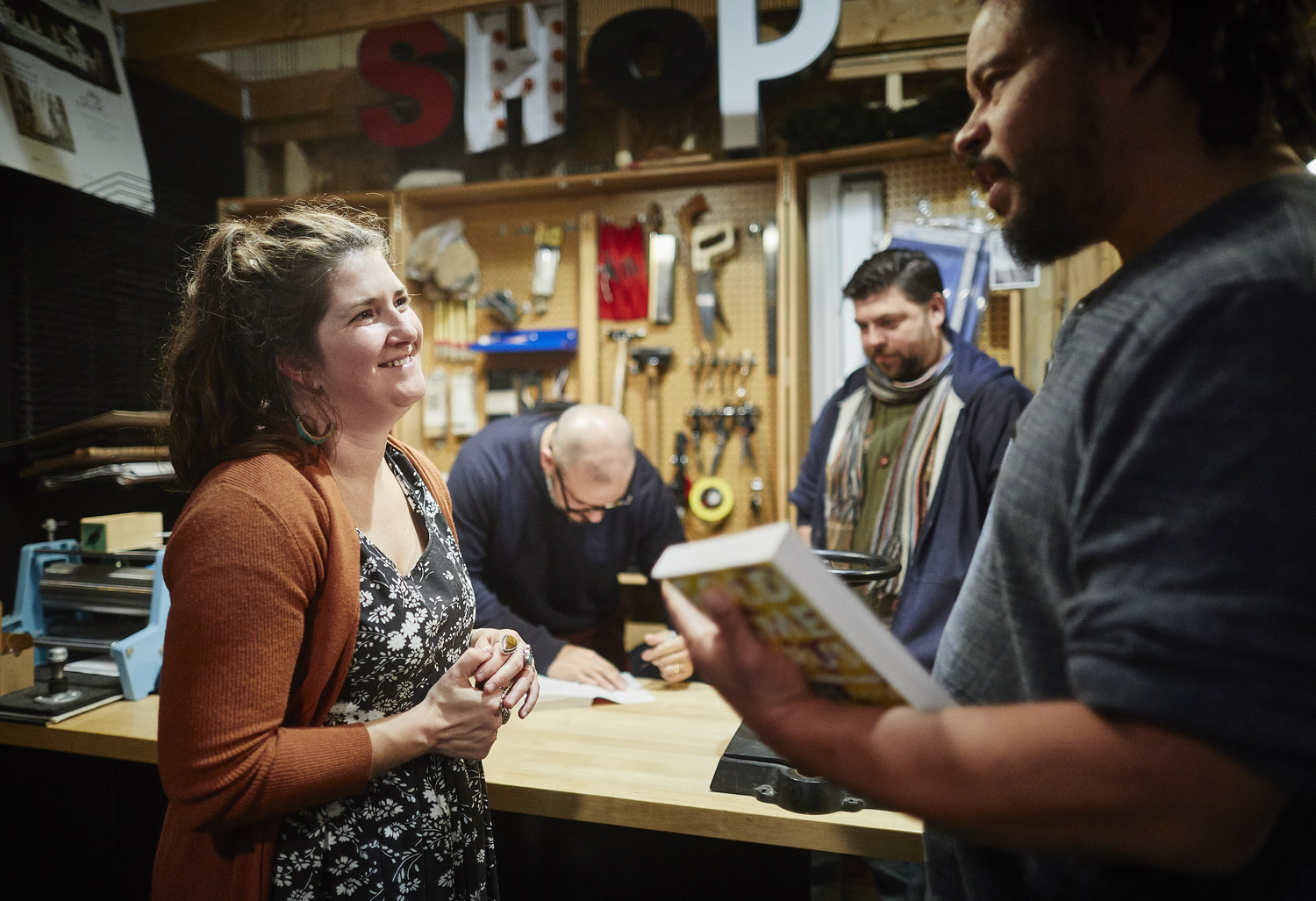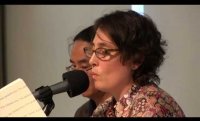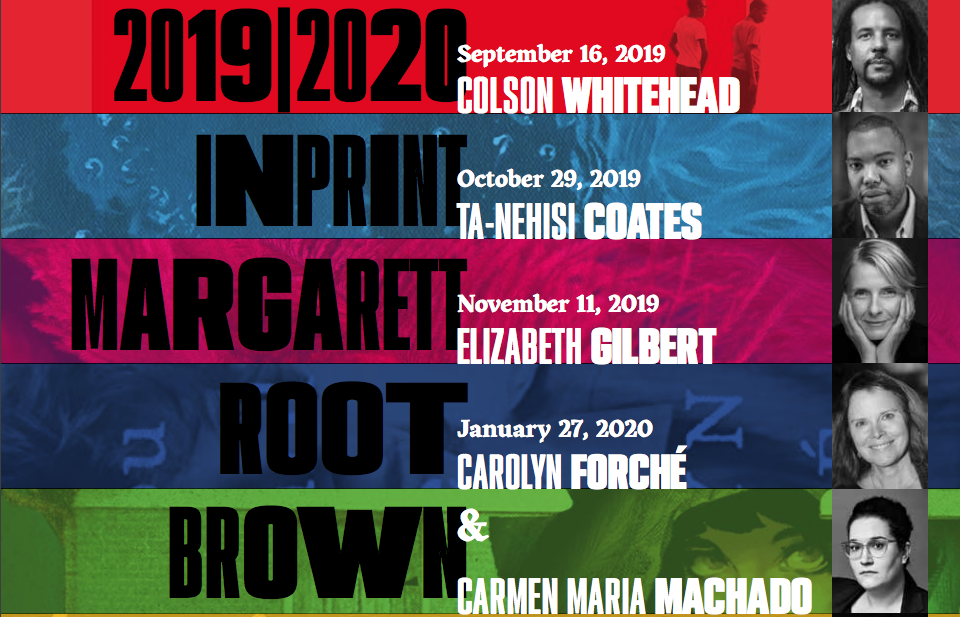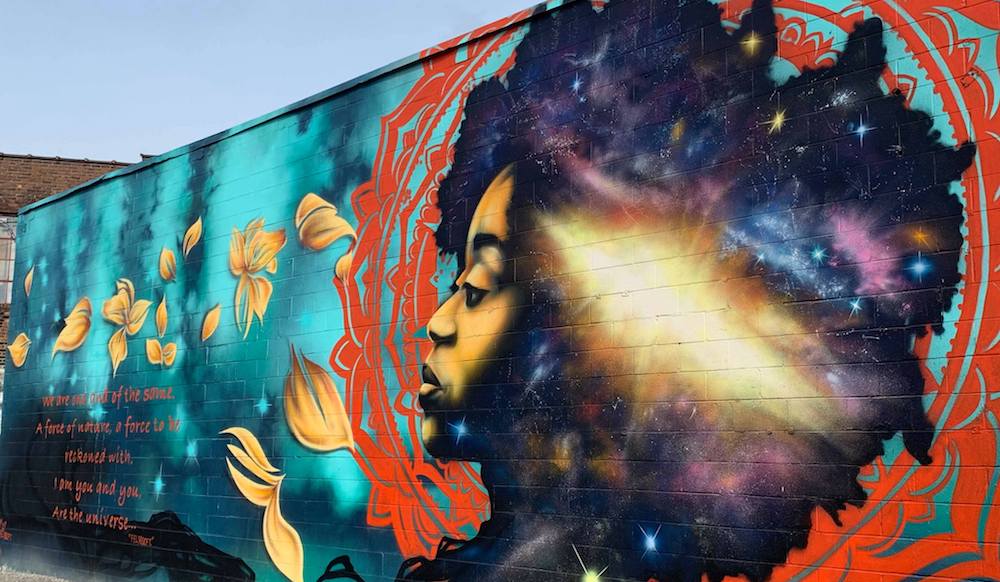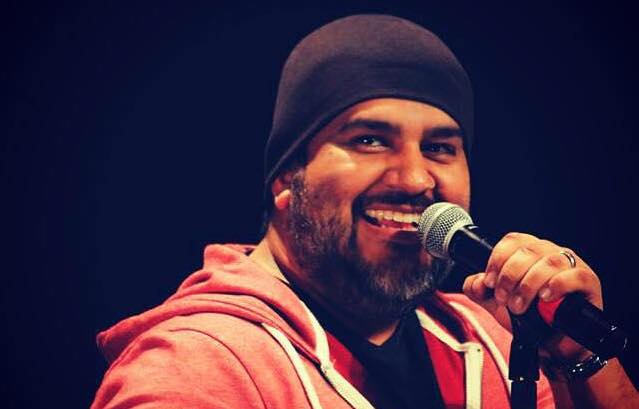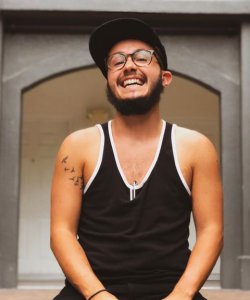Applications Open for Black Mountain Institute Shearing Fellowships
Applications are now open for the Black Mountain Institute Shearing Fellowships. Hosted at the institute’s home at the University of Nevada, Las Vegas, the fellowships each include a $20,000 stipend, free housing in downtown Las Vegas, work space at the institute’s campus offices, and eligibility for health care coverage. The upcoming fellowships will take place during the 2020–2021 academic year; candidates may apply for residencies of one or two semesters. While the fellowship has no formal teaching requirements, incoming fellows will be expected to maintain a regular in-office presence and to engage with the Black Mountain Institute literary community.
The fellowship is open to emerging and distinguished writers who have published at least one critically-acclaimed book of poetry, fiction, or creative nonfiction. Recent fellows include Hanif Abdurraqib, Lesley Nneka Arimah, Tayari Jones, Ahmed Naji, and Claire Vaye Watkins.
Using only the online application system, submit a one- to two-page cover letter, a ten-page writing sample, and a résumé or curriculum vitae by November 1. Finalists will be asked to submit copies of their books. There is no application fee. Visit the website for complete guidelines.
The Beverly Rogers, Carol C. Harter Black Mountain Institute is “an international literary center dedicated to bringing writers and the literary imagination into the heart of public life.” Located within the College of Liberal Arts at the University of Nevada, Las Vegas, the institute is home to the Believer, a bimonthly magazine of literature, arts, and culture.
Photo: 2018–2019 fellow Claire Vaye Watkins





